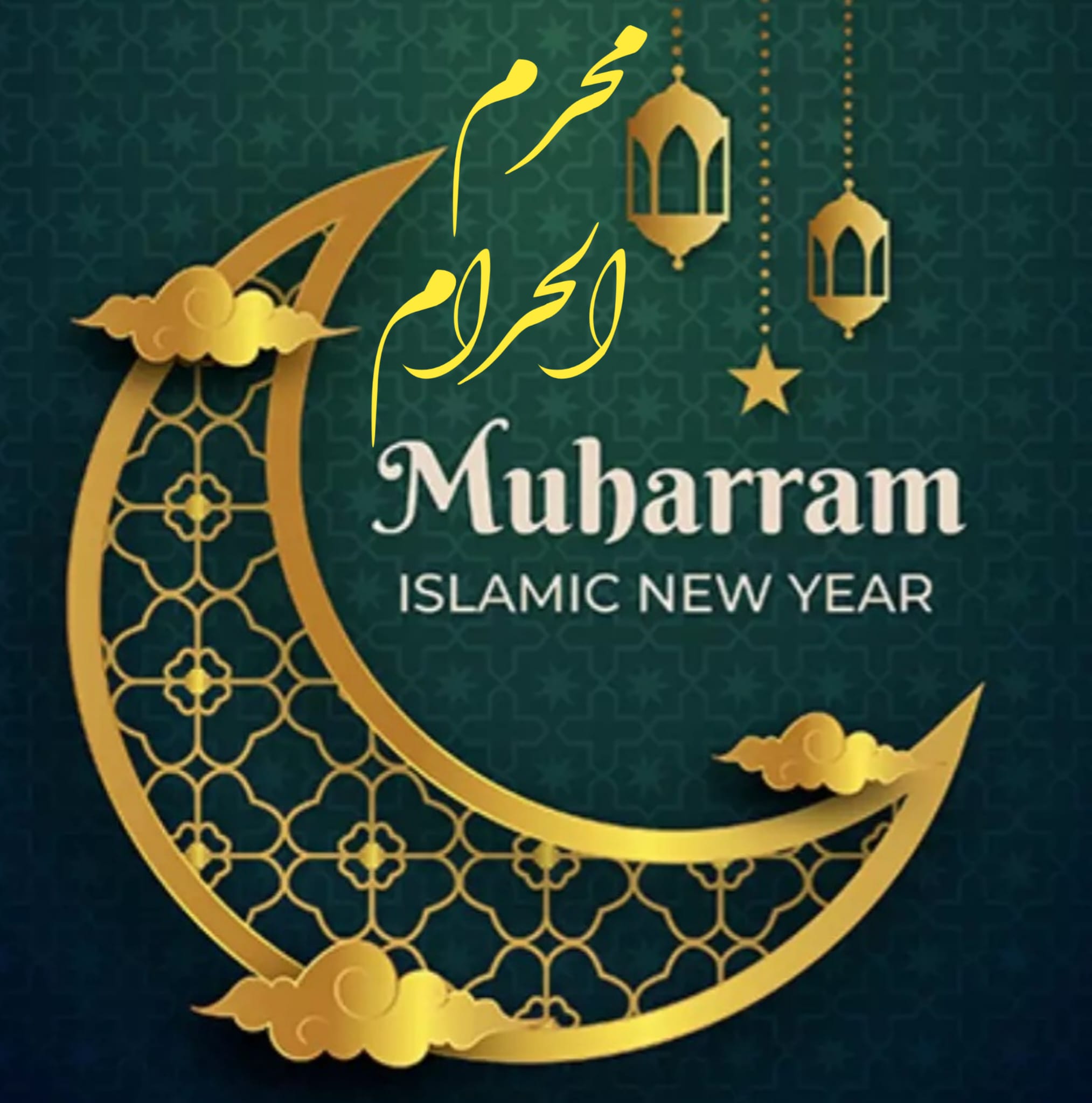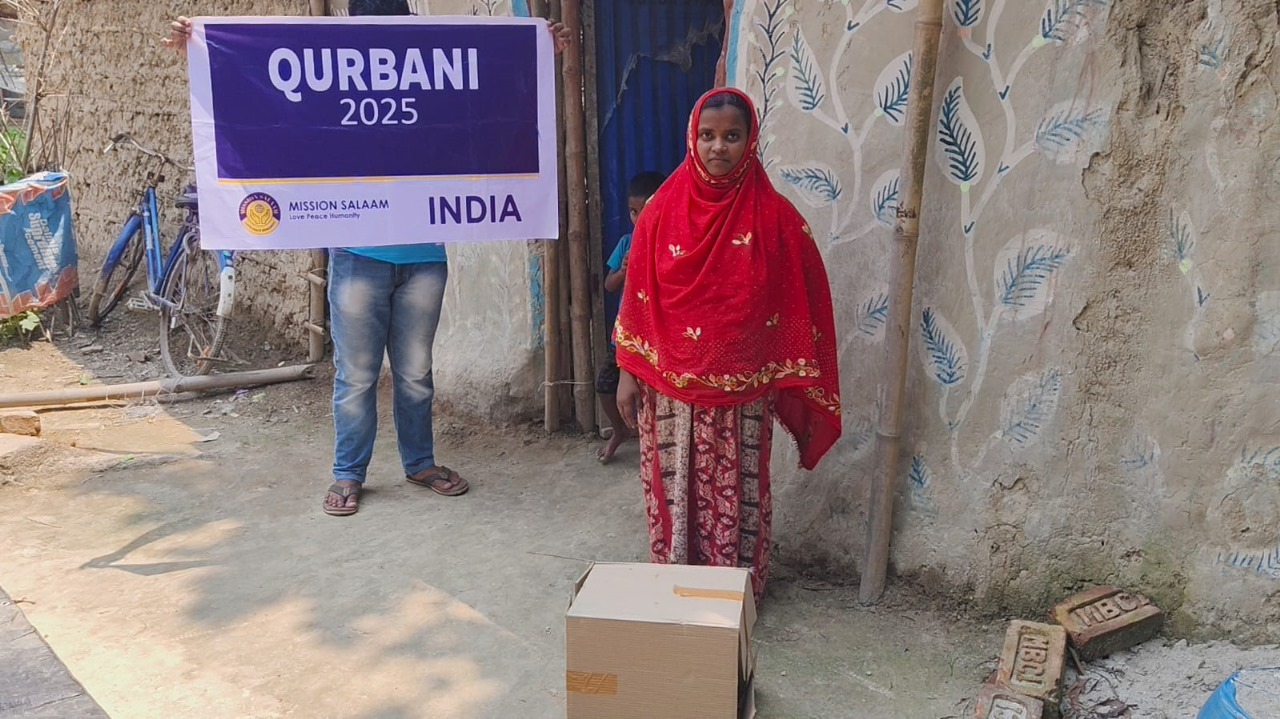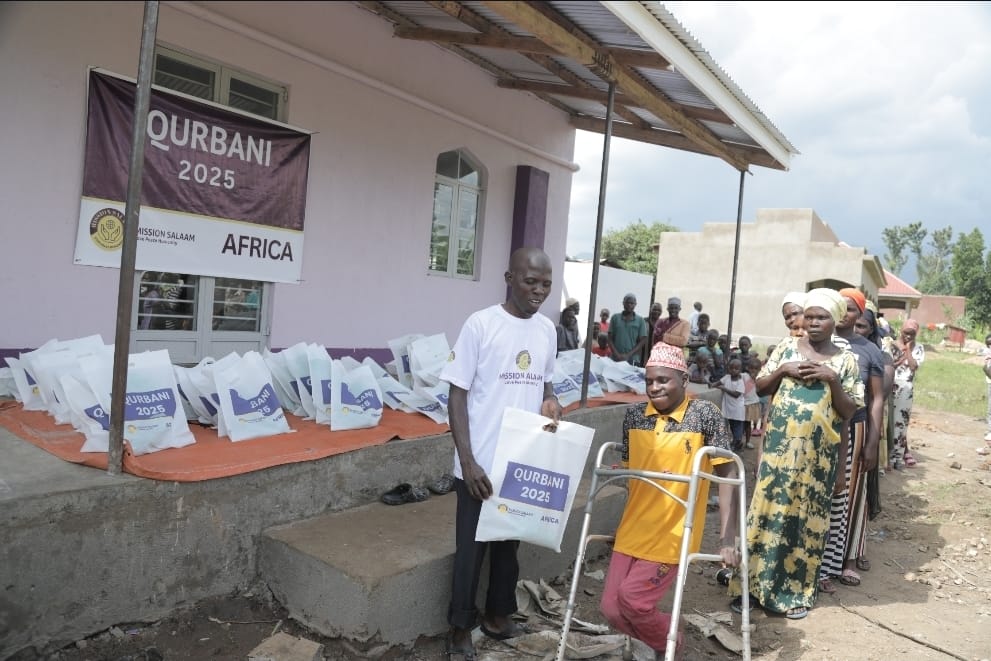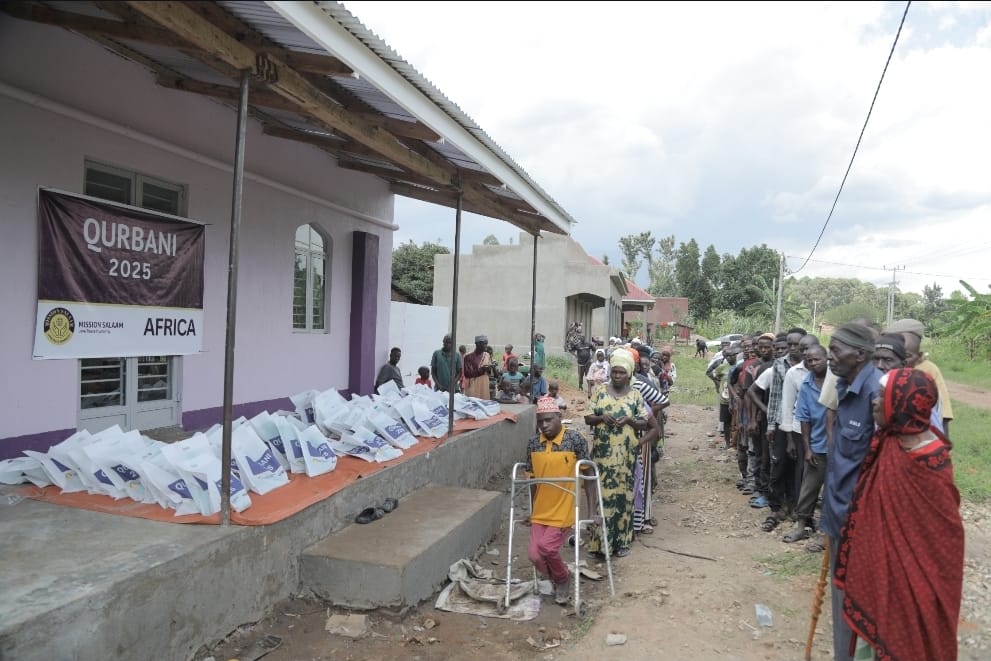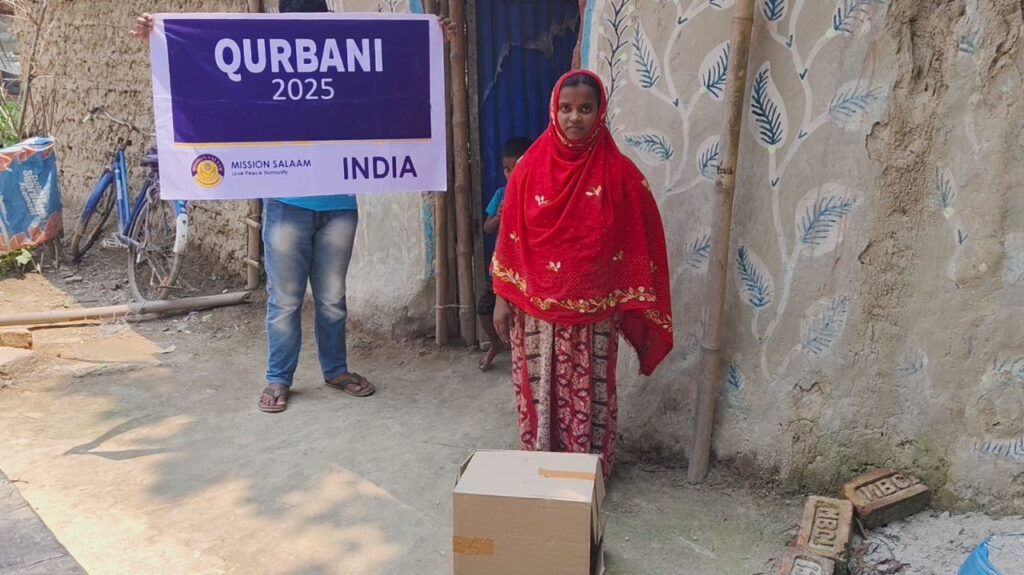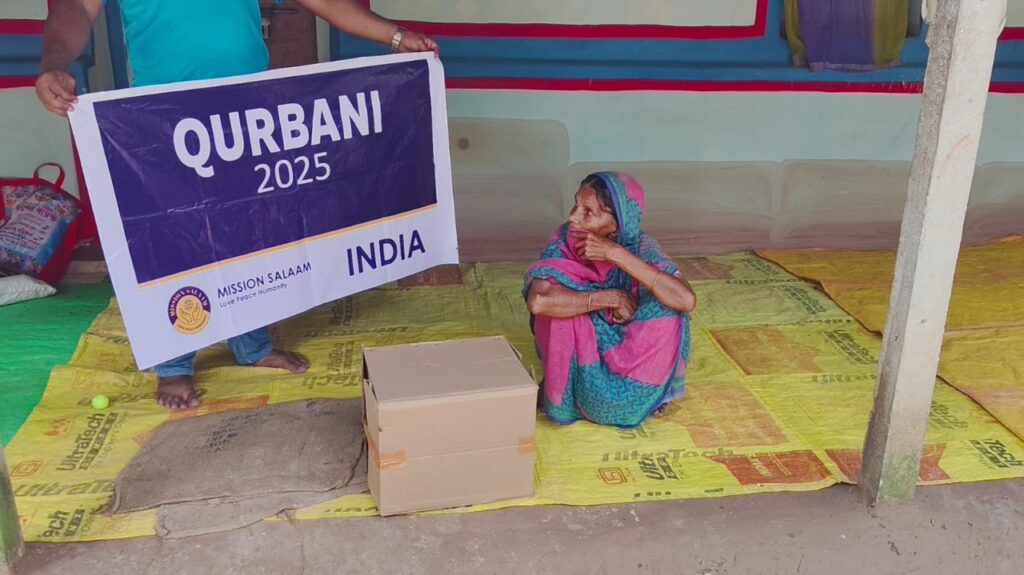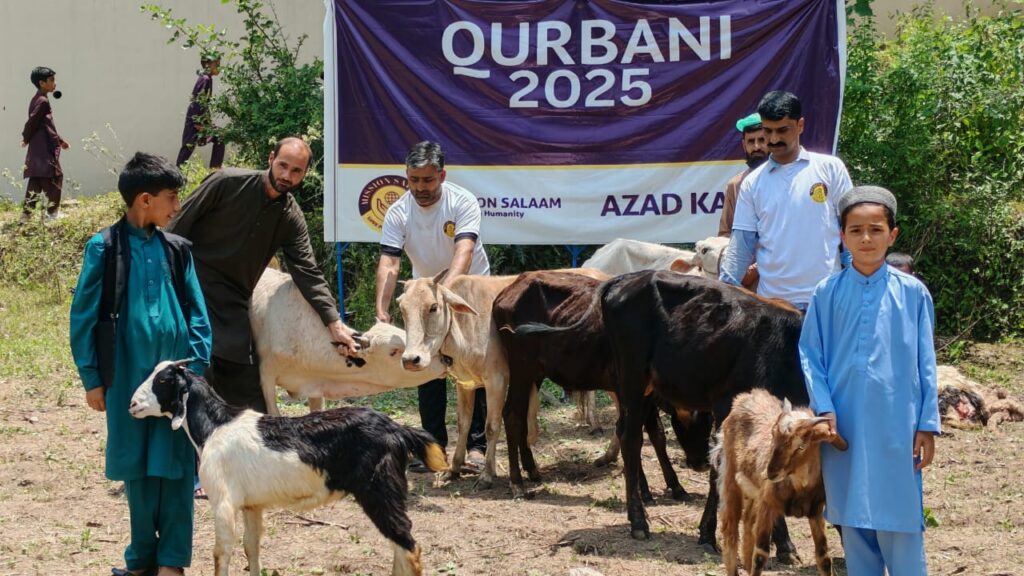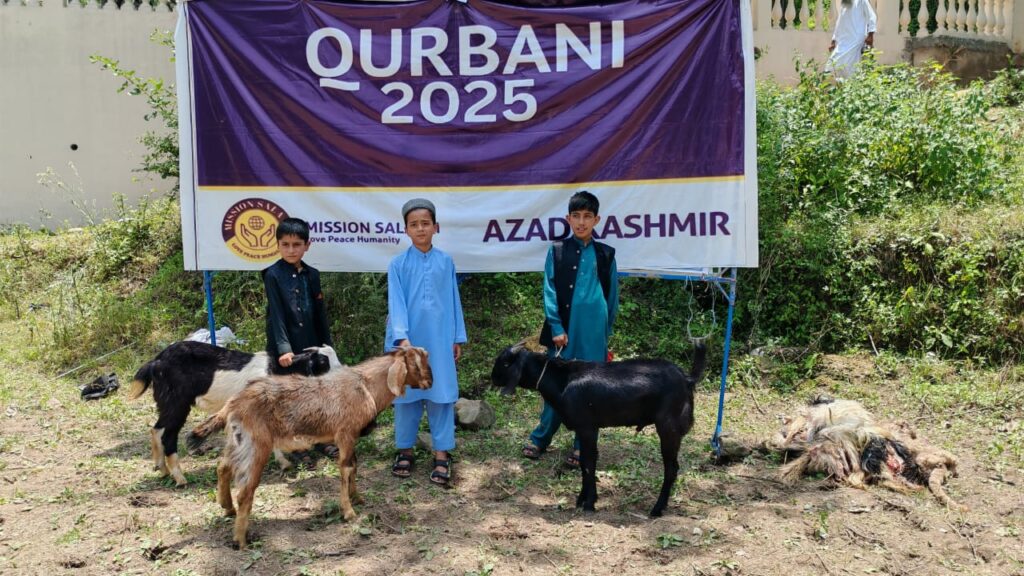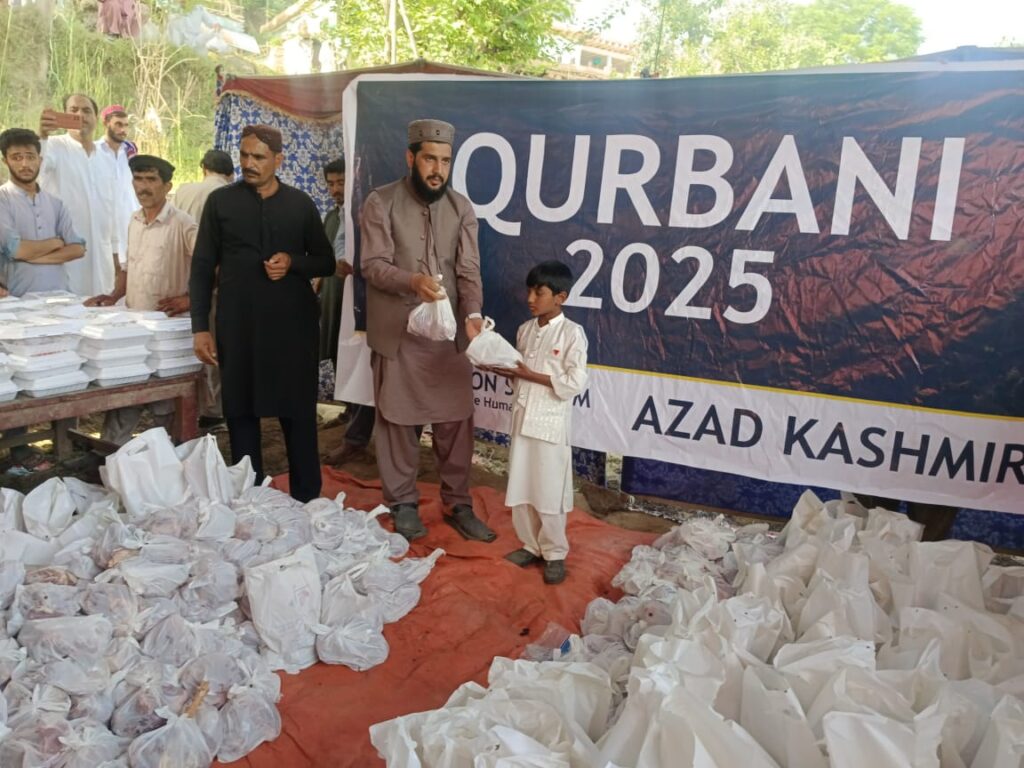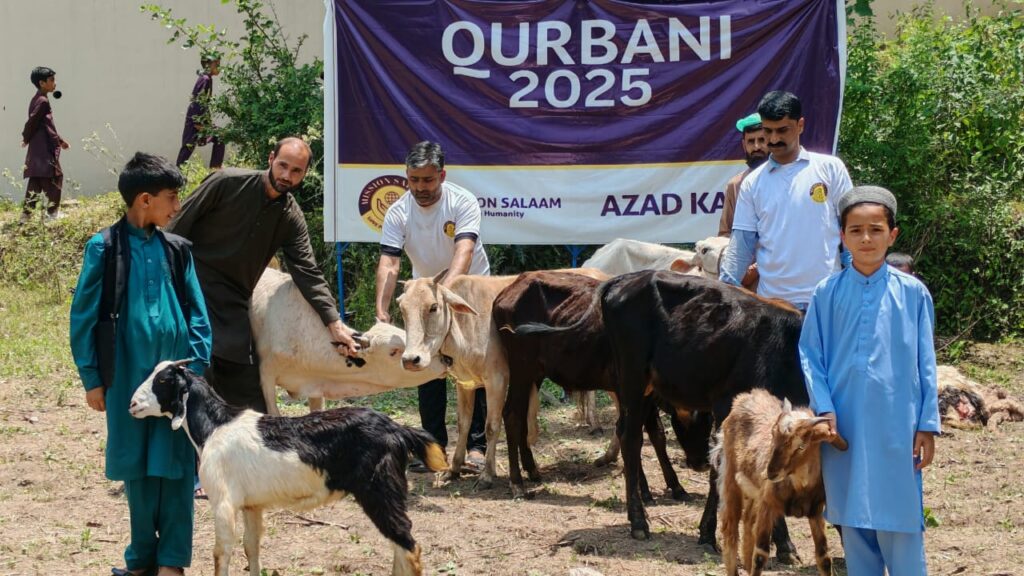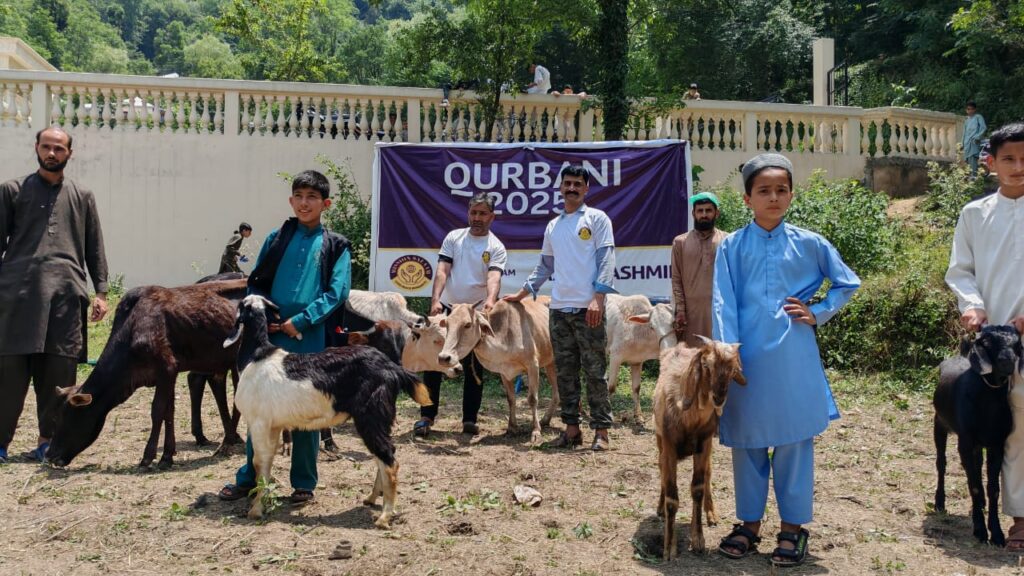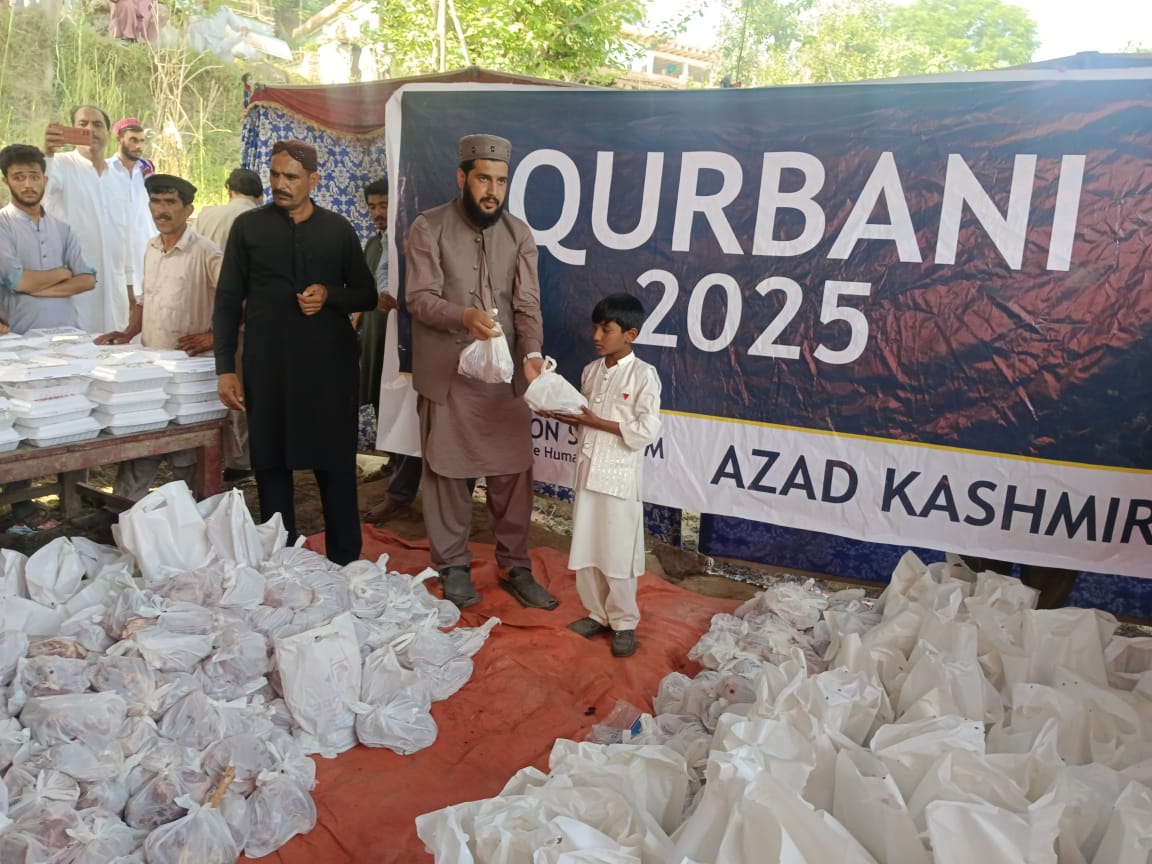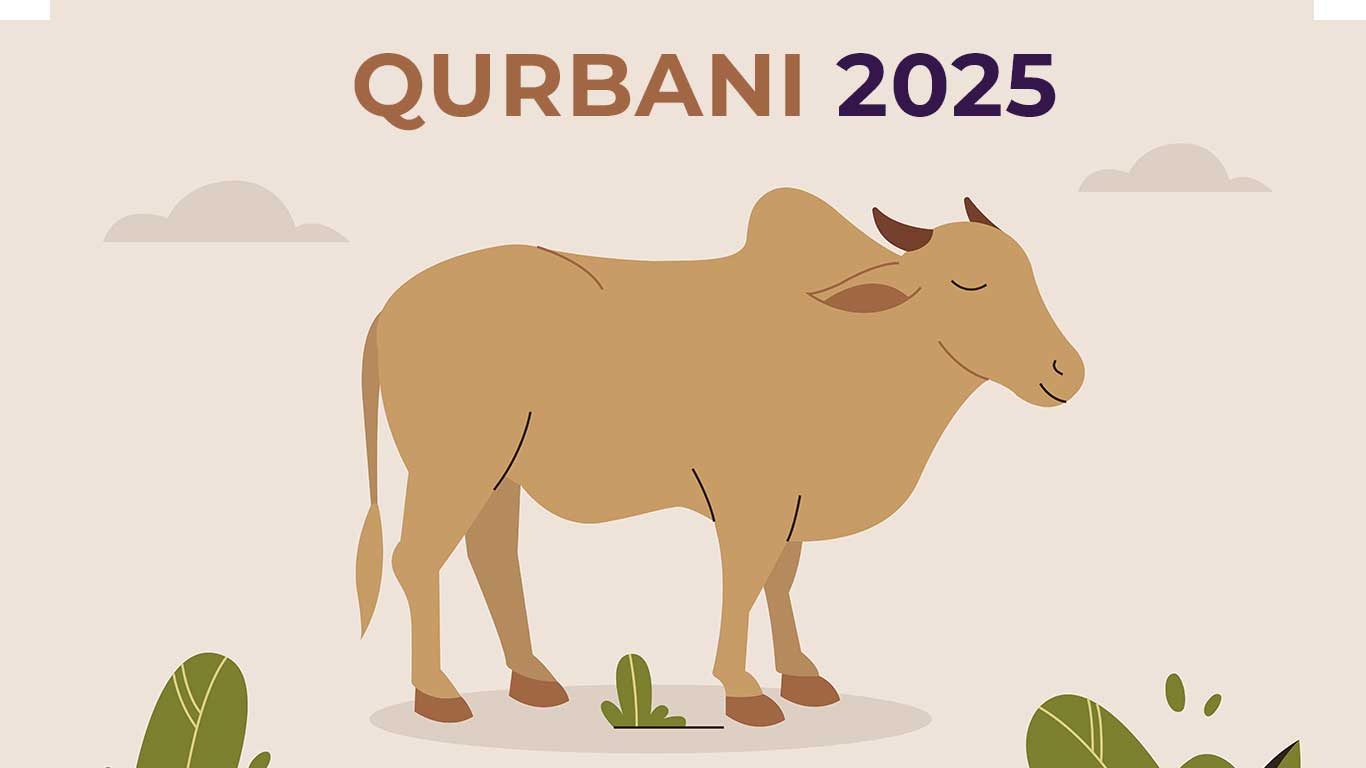Bismillah-ir-Rahman-ir-Raheem
Muharram is one of the most sacred months in the Islamic calendar and holds immense religious, spiritual, and historical significance for Muslims worldwide. It marks the beginning of the Islamic New Year and is considered one of the four sacred months in which warfare is prohibited. But beyond its role as the first month of the Islamic lunar calendar, Muharram is especially revered for the historical events that took place during this time, most notably the tragedy of Karbala.
The Sacredness of Muharram
The word Muharram literally means “forbidden,” highlighting its status as a holy month during which fighting and bloodshed were prohibited, even before the advent of Islam. In Surah At-Tawbah (9:36), Allah mentions:
“Indeed, the number of months with Allah is twelve [lunar] months in the register of Allah [from] the day He created the heavens and the earth; of these, four are sacred. That is the correct religion, so do not wrong yourselves during them…”
(Quran 9:36)
The four sacred months are Dhul-Qi’dah, Dhul-Hijjah, Muharram, and Rajab. During these months, acts of worship are encouraged, sins are considered more serious, and believers are urged to maintain peace and righteousness.
The Day of Ashura: The 10th of Muharram
The most significant day in the month of Muharram is the Day of Ashura, which falls on the 10th of Muharram. This day is marked by fasting, reflection, and remembrance, with deep historical significance for both Sunni and Shia Muslims, though their observances differ.
1. Significance for Sunni Muslims
For Sunni Muslims, Ashura is a day that commemorates the deliverance of Prophet Musa (Moses) and the Children of Israel from the tyranny of Pharaoh. According to authentic narrations, when Prophet Muhammad (peace be upon him) migrated to Madinah, he found the Jewish community fasting on this day in gratitude for their deliverance.
The Prophet (PBUH) then said:
“We have more right over Musa than them.”
He encouraged his followers to fast on this day, and later, to distinguish the Muslim practice, he recommended fasting an additional day, either the 9th or the 11th of Muharram.
The Prophet (PBUH) also said:
“Fasting on the Day of Ashura expiates the sins of the previous year.”
(Sahih Muslim)
2. Significance for Shia Muslims
For Shia Muslims, Muharram is a month of mourning, marked by profound grief and remembrance of the martyrdom of Imam Hussain ibn Ali, the grandson of Prophet Muhammad (PBUH), at the Battle of Karbala in 680 CE.
Imam Hussain, along with his family and companions, stood against the tyrannical rule of Yazid, the Umayyad caliph. Despite facing overwhelming odds, Hussain refused to pledge allegiance to an unjust ruler, ultimately sacrificing his life for justice, truth, and the preservation of Islamic values.
The tragedy of Karbala is commemorated through Majalis (gatherings), processions, and recitations that recount the events of the battle and the heroism of Imam Hussain and his companions. The message of standing up against oppression and injustice resonates deeply with Muslims to this day.
Reflection and Lessons from Muharram
Muharram is not merely a historical commemoration but a time for spiritual reflection and personal growth. Here are some lessons that can be drawn from this sacred month:
- Standing for Justice: The courage of Imam Hussain reminds us of the importance of standing up for what is right, even in the face of hardship.
- Patience and Perseverance: The trials faced by Prophet Musa and Imam Hussain emphasize the virtues of patience, steadfastness, and reliance on Allah.
- Renewal and Repentance: As the Islamic New Year begins, it’s a time for introspection, seeking forgiveness, and setting spiritual goals for the year ahead.
- Unity and Compassion: Despite differing interpretations and practices, the month of Muharram teaches Muslims to embody unity, compassion, and respect for one another.
Acts of Worship Recommended in Muharram
- Fasting, especially on the 9th and 10th (or 10th and 11th) of Muharram
- Giving charity and helping those in need
- Increasing acts of worship, such as prayer, recitation of the Qur’an, and remembrance of Allah
- Attending gatherings of remembrance and learning about Islamic history
- Avoiding sinful behavior, as sins are considered more serious during the sacred months
Conclusion
Muharram is more than the start of a new year in the Islamic calendar; it is a time of deep reflection, remembrance, and commitment to faith. Whether through fasting, remembering the heroes of Karbala, or renewing one’s relationship with Allah, this sacred month offers an opportunity for spiritual rejuvenation and a reminder of the timeless values of truth, justice, and sacrifice.
As we mark the beginning of another Islamic year, may we all strive to embody the lessons of Muharram in our lives and walk the path of righteousness with sincerity and steadfastness.





